I was lucky enough to spend 2005 on a NZ Science, Mathematics and Technology Teacher Fellowship. My thanks to the Royal Society, The Ministry of Research, Science and Technology and The Allan Wilson Centre, who respectively administered, funded and hosted this project. Thanks also to Mike Hendy from the Allan Wilson Centre, John Hannah of Victoria University and writer, Chris Else, of Wellington for reading my manuscript and offering advice.
The fire burns the same way everywhere, but the law of the land differs from place to place.
when of a sudden I am surprizd to find, that instead of the usual copulations of proposition, is and is not, I meet no proposition that is not connected with an ought or an ought not. This change is imperceptible; but is however of the last consequence.
It was tempting to give this book more of a best -seller title: The Da Vinci Load perhaps, or Men are from Earth, and so are Women: The Real Reason You and Your Mate Still Dont Get Along. Certainly there are tales of ancient secrets in the pages that follow, not to mention those of battling sexes, great discoveries and enduring mysteries. But titles are not to be chosen lightly, for the way we name things often determines the way we subsequently think about them. In our modern world, when we distinguish between a fact and an opinion, or a theory and a speculation, when we label something a story, or call an explanation scientific, we are making a powerful set of assumptions. Falling for Science is my attempt to get hold of these assumptions and shake them about a bit.
I spent 2005 on a teaching fellowship at the Allan Wilson Centre for Molecular Ecology and Evolution. It is a place of excited industry, a hi-tech counterpart to the intrepid journeys of the Victorian naturalists . These days the strange new land being explored is the genome itself. DNA is extracted and sequenced; complex, computer-enabled mathematical models are constructed and critiqued; phylogenies are built, debated and dissembled. The workers in this field are explorers and they are story tellers, weaving together the fabric of an ambitious, compelling yarn. It was a natural place for the big question that drives this book to pop out. Just what is the difference between a story and a scientific explanation? And once this distinction is clarified, how do the two fit together? How can we use both, in our attempts to make sense of the world?
These are not abstract questions, for our answers underpin the way we respond to the religious, technological and ethical controversies of our times. It is my belief that we frequently get the answers wrong, thanks to a steady diet of oversimplification and wilful misrepresentation , and thats why I wrote this book. Plus I thought it might be fun.
I recently saw a documentary where a gentleman stared solemnly at the camera and pronounced, There is no external reality. The only reality is inside our heads. Yet I wonder where the limits of this heroic conviction lie. Were I to take him to the top of a tall building and invite him to step off (because realities like gravity, kinetic energy and collision forces are after all, only inside his head), shouldnt I expect him to decline my offer? Sure, the picture of the world we carry inside our heads is just an interpretation of reality, but only in the banal sense that the meal we eat in a restaurant is the chefs interpretation of the raw ingredients. That doesnt make the food, nor indeed the external world, any less real. A chef cant turn a carrot into an apricot, and even a person in a deep hallucinatory state would have their experience altered by a high force collision with the tarmac. So to simply say, Science is storytelling, and leave it at that seems to miss something important. For science, unlike other story forms, makes uncannily accurate predictions. Here were talking about the sort of precision required to land a vehicle on Mars, zap a malignant tumour, or bounce a cellphone signal off a satellite. Things we havent always been able to do, indeed once couldnt have even dreamed of doing. And that remarkable power needs explaining.
But, and heres where it really gets fascinating to me, the Its all just science, you know, approach is just as problematic. The suggestion that we use story to fill in the gaps that science has not yet shone its light on is a natural extrapolation. Many things we once used non-predictive stories to explain (eclipses, plagues, floods) now have scientific explanations. Hence some choose to view science as a slowly encroaching tide, washing the shore clean of myth and superstition. But while it might in principle be possible to reduce something as complex as a funny joke down to physics, I wonder if that might not rather ruin the moment. And as it is with laughter, so it is with love, justice, fear and longing. If someone tries to say to me that it simply comes down to science, it seems to deny the rather vital point that as a struggling Homo sapiens I desperately crave knowledge of things which are too complex, too subjectively slippery, too infected by humanity, to be captured by a mathematical formula.
Can science ever get inside this business of making meaning of our lives? Can it provide us with our ethical systems, or explain to us how to go about living a truly satisfying life? Dont we need stories for that stuff? I suspect we do, but suspicion does not an argument make. Hence the pages that follow.
It seems plainly silly to doubt the massive power of the rationalist project which day by day expands our understanding of the world, just as it seems a little loopy to deny the fact that we humans are in the end the weavers of stories, the creators of meaning. Yet both extremes are popular. We are exhorted to be either scientists or mystics, and upon claiming membership we are then expected to dedicate our energy to ridiculing the other side. I am sceptical by nature, and that makes me suspicious of clubs (indeed the sceptics society always seems like a contradiction to me). Dull though many find it, it is the middle ground that most intrigues me. In trying to understand how science progresses, the strengths and accompanying limitations of its methodology, I am trying to understand the way science and storytelling ultimately must complement one another: to stake out a little territory for those of us who would like to see ourselves as well-informed fictionalists.
What do scientists mean when they call something a fact?
What is thinking?
Do we have souls?
Is the current evolutionary model compatible with traditional religious beliefs?
Do we have real free will?
How much of the difference between male and female behaviour is biological?
All of these questions are considered in this book. Im not sure all of these questions have definitive answers; indeed by the end of this book you will see that I do not think some of them even make sense. But if theyre the sort of questions which you find interesting, then maybe this is a good book for you. (And anyway, thats more than enough to read just standing there in the bookshop. The sales assistant is looking at you. Go on, put your hand in your pocket. If you dont like it, give it to someone you dont much care for at Christmas.)
Within these pages you will find tales of philosophers, from Protagoras and Plato in Ancient Greece through to those like Descartes, Hume, and Kant, who did their thinking in the seventeenth and eighteenth centuries. You will get a little of the methodology debates of the twentieth century, where Popper and Kuhn locked horns. And you will find many tales from science, particularly evolution. This is partly because this is the discipline I went swimming in during my research year, but also because evolution, more than any other discipline, highlights the way the model and the story can so easily become entangled.

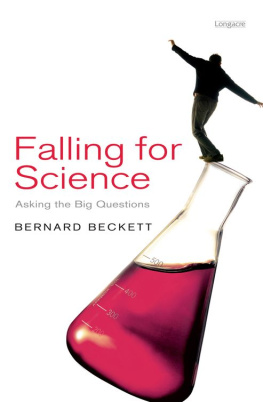
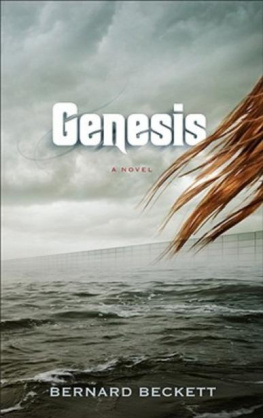
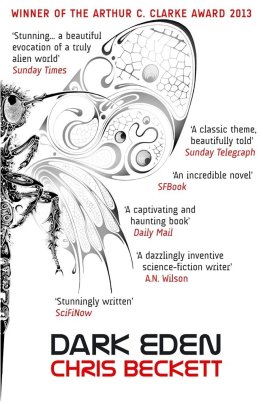
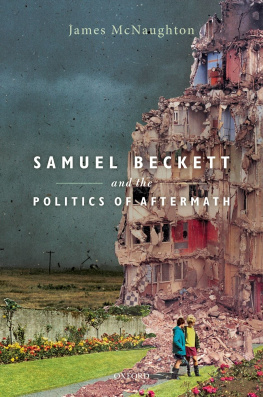
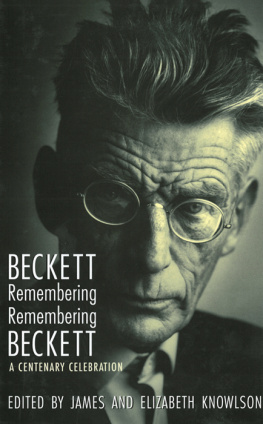
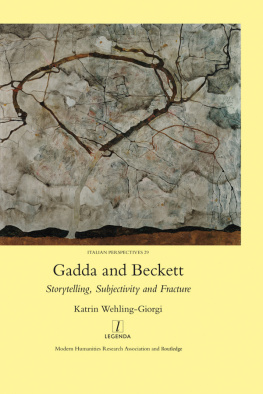

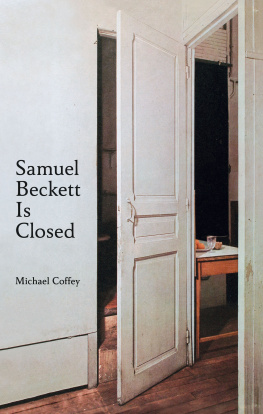
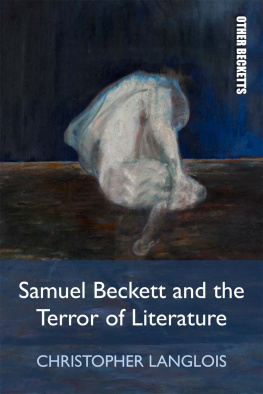
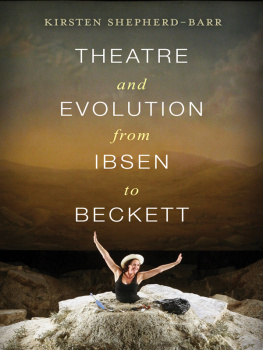
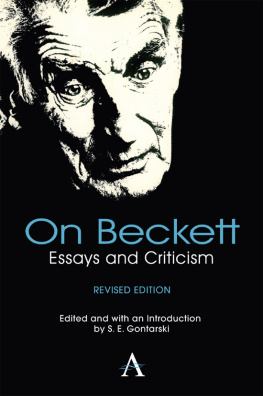
![Samuel Beckett [Samuel Beckett] - The Complete Dramatic Works](/uploads/posts/book/72751/thumbs/samuel-beckett-samuel-beckett-the-complete.jpg)